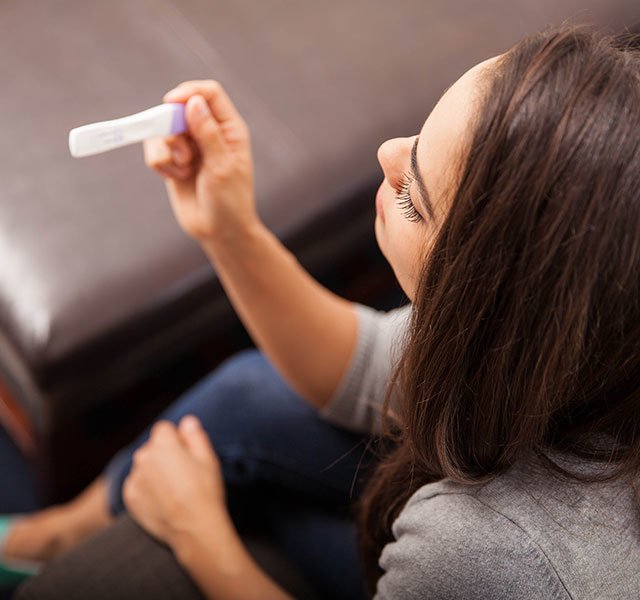Oral contraceptives, condoms, intrauterine devices and other forms of birth control are highly effective. But even the best prevention methods fail sometimes – no matter how careful you are. Just ask the thousands of women who find themselves pregnant while on birth control.
According to Phillis Mims-Gillum, M.D., an obstetrician-gynecologist at Henry Ford Health, birth control can be 97 to 99 percent effective for most methods with ideal use. Trouble is, many people don’t know what ideal use looks like.
“People often think they’re using birth control correctly, but there are a number of things that can interfere with a given method’s efficacy,” Mims-Gillum says. You should feel protected by your chosen birth control method. The good news: The chances of pregnancy are greatly reduced if you select the best method for you, perfect your use and know what to do in the following situations:
- You skip a pill. Women often hear that if they miss a pill, they should take it as soon as they remember, or just double up the next day. But that approach may result in a new baby. A better bet: Practice a backup method, such as using condoms, during any cycle when you miss one or more pills. Having trouble staying on top of the timing? Consider a lower-maintenance birth control method, such as an intrauterine device, Depo-Provera shot, implant, ring or patch.
- You throw up after taking a pill. If you throw up within four hours of taking your pill, it’s safe to assume you missed a dose. Take your dose as soon as you can stomach it and practice a backup method for that month. The same rules apply if you have diarrhea or loose stools for 24 hours or more.
- You’re taking prescription medication. “Certain medications can change the way oral contraceptives are absorbed and can play a starring role in their effectiveness,” Mims-Gillum says. Certain antibiotics, antifungals and other medications can make oral contraceptives less effective. If your doctor prescribes medication for any reason, ask if the medicine interacts or interferes with your chosen contraceptive.
- Your method is exposed to unsuitable temperatures. Whether you’re using condoms or wearing a vaginal birth control ring, extreme temperatures may compromise the effectiveness of your birth control method. Condoms are more likely to break or tear when exposed to heat. The ring typically requires refrigeration. And pills may become less effective when stored in temps higher than 77 degrees.
If you’re using oral contraceptives, take your pill at the same time each day without fail. Wearing a patch or a ring? Change them as instructed. If you’ve opted for a monthly injection, pay a visit to your physician early rather than risk running late. Learn how to feel for your IUD strings or follow up with your physician to ensure that it is still in place.
Most importantly, if you feel pregnancy symptoms – tender breasts, fatigue, inexplicable cravings or food aversions – take a pregnancy test and follow up with your physician afterward, Mims-Gillum suggests. Since sperm is released multiple times prior to climax, even sexual acts that don’t involve penetration can result in a pregnancy.
If you become pregnant, stop taking birth control and establish prenatal care. While it’s natural to wonder whether your baby is at an increased risk of birth defects, there’s no literature to support the idea that birth control during early pregnancy leads to problems for mom or baby.
To find a doctor at Henry Ford, visit henryford.com or call 1-800-HENRYFORD (436-7936).
Dr. Phillis Mims-Gillum is an OB/GYN who specializes in sexual health and sexuality counseling, and sees patients for these conditions at Henry Ford West Bloomfield Hospital and Henry Ford Medical Center – Detroit Northwest. Call (248) 661-6425 to schedule an appointment.



